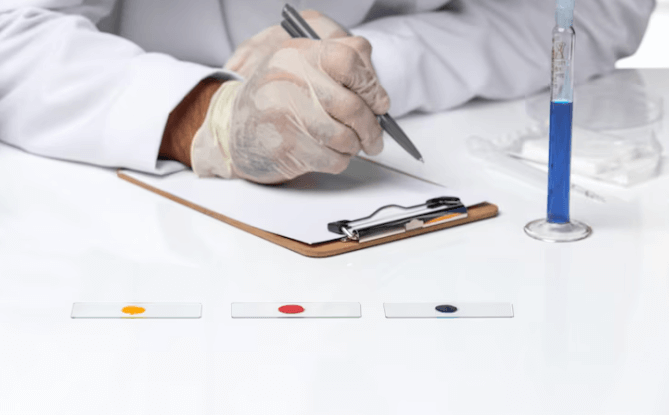Hepatitis B is a serious viral infection that affects the liver and can lead to chronic disease if left untreated. The good news is that preventive measures and early detection can significantly reduce its spread. One such tool is the HbsAg test, a simple yet powerful diagnostic tool that plays a key role in identifying and managing the infection. But can this test truly help prevent the spread of Hepatitis B? Let’s dive deeper.
What Is the HbsAg Test?
The HbsAg test detects the presence of the Hepatitis B surface antigen in your blood. This antigen is a protein produced by the Hepatitis B virus (HBV). If the test result is positive, it means you are either currently infected with Hepatitis B or are a carrier of the virus.
For example, imagine Ravi, a 32-year-old IT professional in Mumbai. He was feeling fine but decided to take a routine health checkup that included an HbsAg test. To his surprise, the test came back positive. Thanks to early detection, Ravi was able to seek medical advice and take precautions to prevent spreading the virus to his loved ones.
How Does the Test Prevent the Spread of Hepatitis B?
- Early Detection of Carriers
Many people infected with Hepatitis B don’t show symptoms initially. This is where the HbsAg test proves invaluable. By identifying carriers early, the test helps in breaking the chain of transmission. - Prevention Through Awareness
Once an individual is diagnosed, they can take steps to protect others. This includes practicing safe sex, avoiding sharing personal items like razors or toothbrushes, and getting vaccinated.
Take the example of Priya, a new mother in Delhi. During her pregnancy, she underwent routine testing, which included the HbsAg test. When her test came back positive, she followed her doctor’s advice, and her newborn received immediate immunization, reducing the baby’s risk of infection to almost zero. - Guiding Public Health Efforts
On a larger scale, widespread use of the HbsAg test helps public health agencies identify high-risk populations and implement targeted vaccination campaigns.
Practical Advice for Taking the Test
- When to Get Tested: If you are pregnant, have a family history of Hepatitis B, or engage in high-risk activities, consider getting tested.
- How to Prepare: The test doesn’t require special preparation. Just visit a trusted diagnostic lab or consult your doctor.
- Follow-Up Actions: If your result is positive, follow up with your doctor for further tests to determine the severity of the infection and discuss treatment options.
Final Thoughts
While the HbsAg test alone cannot eradicate Hepatitis B, it is an essential step in the fight against this virus. By enabling early detection, encouraging preventive actions, and guiding public health strategies, this test plays a vital role in controlling the spread of the disease.
Whether you’re planning a routine checkup or are in a high-risk group, getting tested can make a significant difference—not just for you, but for those around you. Early action saves lives, and sometimes, all it takes is a simple test.






